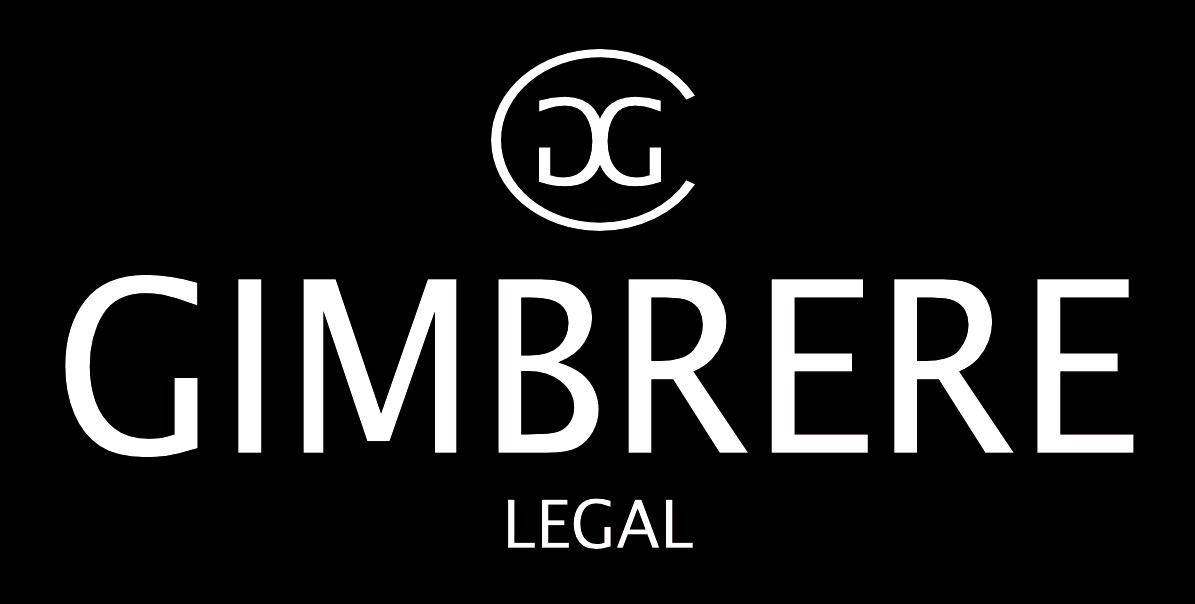If you are traveling and you have a considerable amount of money with you, declare it to customs. During holidays seasons, these informational events are repeatedly featured on radio and television. But what happens if you want to take an amounth of money higher than 10,000 euros anyway and don’t declare it?
In December 2019, client and his family will fly from Airport Eindhoven to their vacation destination. At that time, he has an amount of money from all involved in his bag, which is slightly more than 10,000 euros. During the inspection, customs finds the amount of money. Eventually, his brother and client are detained for taking a statement. Both are suspected of money laundering.
In money laundering cases, the defendant is expected to be able to provide an explanation of where the money came from. According to established case law, the statement about the origin of the object must be concrete, more or less verifiable and not highly improbable in advance. At first instance, statements from witnesses are submitted, showing how client obtained the amount of money. Yet he is convicted of (culpable) money laundering by the police judge, while his brother is acquitted.
On appeal, the witnesses’ statements are again introduced. Unlike the police judge, the Court of Appeals reached an acquittal. Like the defense, the Court finds that the prosecution failed to disprove the explanation given by the defendant for the origin of the amounth of money such that a criminal origin of it could be considered the only acceptable explanation. In addition, the prosecution did not conduct additional research into the statements that were introduced. This makes it plausible that the origin of the money amount has a legal source.
Moral of the story: be careful and don’t take more than 10,000 euros with you during a trip. If you do, notify Customs in advance to save yourself a criminal trial.
Are you involved in money laundering and need legal advice? If so, please contact a criminal lawyer.
Want to stay informed about Gimbrere Legal? Or do you just want to know more about the Netherlands, Spain, Italy or Uruguay?
Sign up now!

We use cookies and similar technologies to help you navigate efficiently, ensure essential site functionality, and to perform analytics. Some cookies are strictly necessary and are stored automatically. These are essential for the website to function and cannot be disabled.
We also use third-party cookies – including those from Google – to personalize content and advertisements, provide social media features, and analyze traffic. These cookies allow us and our partners to collect and process personal data (such as IP addresses, browser information, and browsing behavior) to display relevant ads and measure their effectiveness.
Our website makes use of various services provided by Google LLC (“Google”), including but not limited to Google Analytics, Google Ads, Google Fonts, Google Maps, and YouTube. When you interact with these services, personal data such as your IP address, browser type, and other technical data may be collected and processed by Google. This data may be stored on servers located in the United States or other jurisdictions outside the European Economic Area.
Google uses this information to provide services such as website analytics, advertising, font rendering, video playback, and map embedding. In certain cases, Google may share this data with third parties when legally required or when such third parties process data on Google's behalf. The processing of data by Google is governed solely by Google's own privacy policies and terms of service.
Where technically possible, we have enabled privacy-friendly settings, such as IP anonymization in Google Analytics, to minimize data exposure.
By clicking “Accept all”, you consent to the use of these optional cookies and to the processing of your personal data by Gimbrere Legal and our advertising partners, including Google. You may also choose to manage your preferences or reject non-essential cookies.